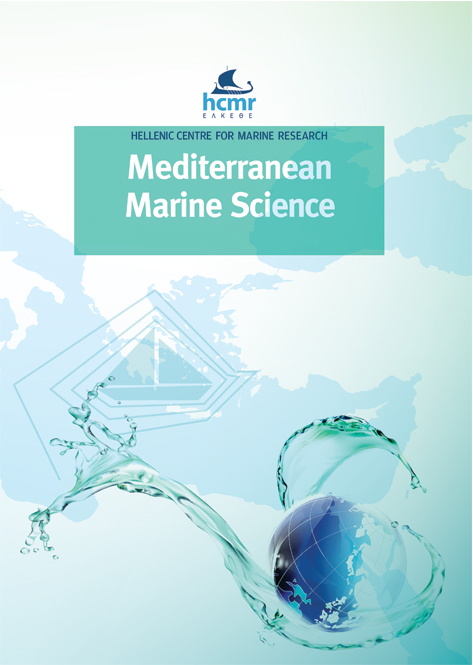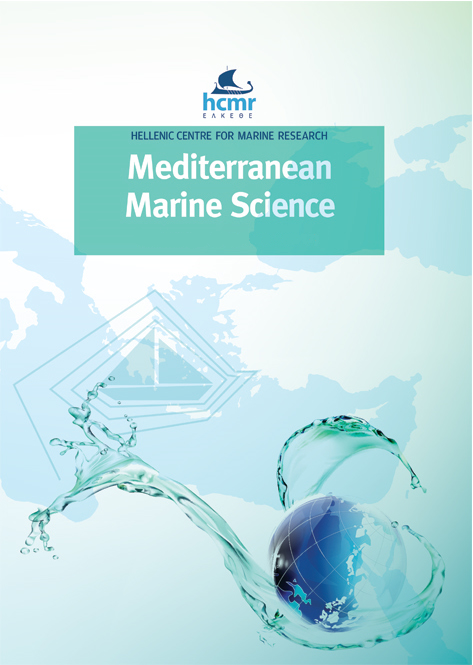Development of real-time qPCR assays for detecting and quantifying common bacterial pathogens in fish from Mediterranean aquacultures
Resumen
The aquaculture industry is a rapidly developing and economically important sector for many countries, thus it requires effective solutions to overcome the key challenges that could impede its growth and sustainability. Among the most serious concerns are fish diseases caused by bacterial infections. This study introduces the development of novel rapid molecular methods employing Real-Time Polymerase Chain Reaction (qPCR) for the specific detection and quantification of five major fish pathogenic bacteria: Vibrio harveyi, V. alginolyticus, V. anguillarum, Photobacterium damselae, and Tenacibaculum maritimum. These bacteria are responsible for diseases such as vibriosis, photobacteriosis, and tenacibaculosis. The qPCR assays developed in this study are highly specific and extremely sensitive, making them suitable for early detection of these pathogens, thus aiding in the prevention of disease outbreaks in aquaculture farms.
Article Details
- Cómo citar
-
APOSTOLIDI, E. D., BITCHAVA, K., TSAVEA, E., BOUZALAS, I., GUBILI, C., KREY, G., & BOUKOUVALA, E. (2024). Development of real-time qPCR assays for detecting and quantifying common bacterial pathogens in fish from Mediterranean aquacultures. Mediterranean Marine Science, 25(3), 732–739. https://doi.org/10.12681/mms.38053
- Sección
- Research Article
Authors who publish with this journal agree to the following terms:
- Authors retain copyright and grant the journal right of first publication with the work simultaneously licensed under a Creative Commons Attribution Non-Commercial License that allows others to share the work with an acknowledgement of the work's authorship and initial publication in this journal.
- Authors are able to enter into separate, additional contractual arrangements for the non-exclusive distribution of the journal's published version of the work (e.g. post it to an institutional repository or publish it in a book), with an acknowledgement of its initial publication in this journal.
- Authors are permitted and encouraged to post their work online (preferably in institutional repositories or on their website) prior to and during the submission process, as it can lead to productive exchanges, as well as earlier and greater citation of published work (See The Effect of Open Access).






